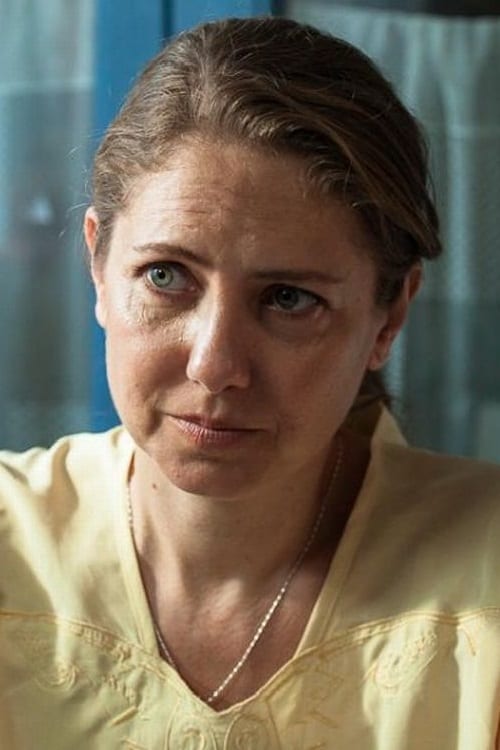Art (2014)
Gênero : Drama
Runtime : 19M
Director : Adrian Sitaru
Sinopse
A 14-year-old girl auditions for a film role as an abused sex worker, and the director tries to convince her mother of the artistic rationale behind the provocative part.
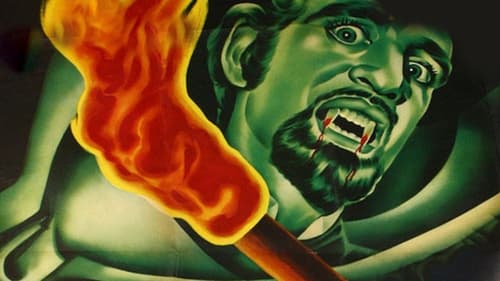
Vampire hunters track down a vampire and attempt to steal the ashes from his coffin in order to stop him from reviving nightly.

In order to stop a vampire from terrorizing the countryside, some locals decide to break into his coffin at night and steal his ashes. Complications ensue.
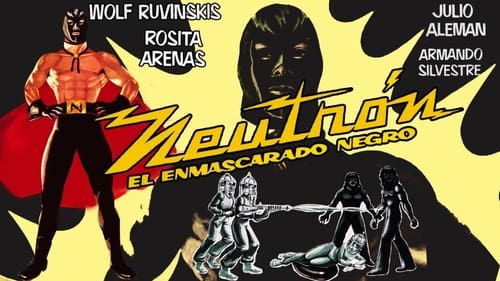
Dr. Charon and his group of mad scientists built a neutron bomb with trying to blackmail the free world for global power. But the hero appears, Neutron, who, with the help of Dr. Thomas and reporter Nora spoil those plans.

Otto Scheidel (Manfred Krug) has been captain of the Elbe steamer Jenissei for over twenty years, but his ship, the last of its kind, is going to be converted into a floating restaurant. Otto, whose his strong attachment to the ship has already cost him his relationship with his girlfriend Caramba (Renate Krößner), refuses to take another job and instead joins a railway construction brigade.

In this East German film, the third one in The Third is Margit's third lover. After her mother's death, Margit has two affairs which don't work out, and one lesbian friendship which she retains. She is looking for a husband, though, and thinks she has spotted a candidate in her fellow factory worker. As she contemplates marrying him, her story is told in a series of flashbacks.

Planning to take any job she can get in order to save enough money and leave Turkey for the U.S., Mina is hired at an Istanbul café as a fortune teller who reads the dregs in coffee cups. She discovers she has the ability to offer comfort and insight to the customers who are just as lost in the wilderness as she is.
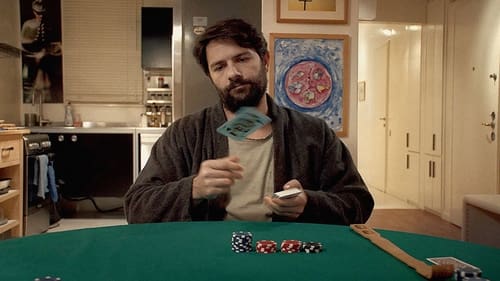
On a Saturday night in Istanbul, despite the pleas of his fiancée, cynical Alper refuses to join the anti-government protests happening on his doorstep. He just wants to stay home for his weekly dose of poker, played with his regular crew of high-school friends. Alper's game is threatened as his friends set off on a series of passionate, and at times ill-thought-out, squabbles on whether they should join the demonstrations or not.
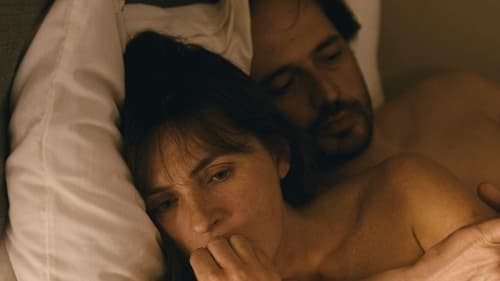
Denise, a botanist, is working in the swamps in a part of Turkey, planting and researching local flora. In her evenings she sometimes meets with her lover Hamit, a simple man at first glance. But he is making his living with human trafficking which he keeps a secret from Denise. When Hamit learns that Denise is being sent back to her home country soon, one final trafficking job takes a dark outcome.

Istanbul, today. The city has become one big machine that pulls people apart. Through the streets of the city echo the voices of young male and female workers. The harsh reality of an uncertain economic phase is felt in each segment of what is left of the Turkish society class structure. A Kurdish girl stands up against her family rules and tradition. The last young member of a diminished clan remembers the past ruefully. A child worker is forced to support his family since he is the only one who earns some money. A young unemployed male sells himself to tourists in front of the Blue Mosque. His body is the last working tool he is left with. Torn between the West and the East, Istanbul becomes the city symbol of a world that can neither go back nor (yet…) step forward.
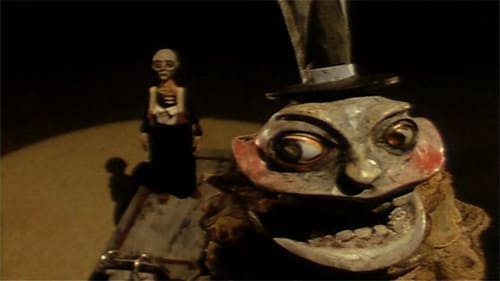
Set in a city both past and present, on a deserted street where only the distant sounds of life blow by. The Hunger Artist stands alone, locked in his cage. Once famous and adored by the crowds, he now performs alone.

Colony is a film about psychogeography, the memory of landscape, trauma and remembrance.

A film by Ramin Matin.

Intimate documentary about young women who make papier mache fruit and vegetables in a small factory in Mexico. They have a gringo boss, but the factory is owned by his Mexican wife. The focus of the film is on the color, music and movement involved, and the gossip which goes on constantly, revealing what the young women think about men.

The outcomes of the isolation system and its influence on human life will be told both by the victims and the witnesses.

Leaving behind a ruined career and a bitter divorce, Selim returns to his hometown Izmir. Unwilling to make plans for the future, he wanders around revisiting his past: family, schoolmates, an ex-lover. He runs into Cihan, a friend from the military service, an idler with a charming energy. As people start leaving Izmir due to a terrible smell caused by a mysterious maritime accident, Selim finds himself gradually drawn to a new world where he will go back embracing the possibilities of life.

In a Turkish mountain village in the 1950s, Saniye develops fatal tuberculosis and suggests her husband take another wife for the good of the family. Six months later she is mysteriously cured and returns to her family's home—and her husband's new wife.

A couple is pursued by the police and citizens of a city for the crime of having invented love. In every corner of the city, on the walls of the bars, on the doors of public buildings, in the windows of the bus, even that wall ruined through radio ads and detergents in the small shop window, where no one enters the lobby of the railway station which was the home of our hope of escape, a poster denounces our love.
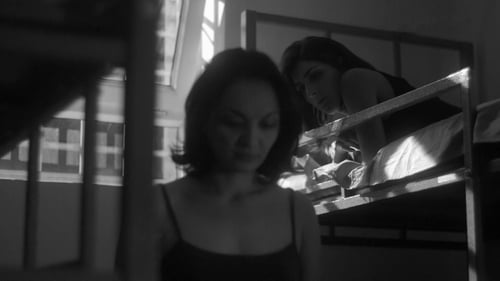
Tbilisi, Georgia, nowadays. April aged 34, just spent a night in jail for prostitution. She is now resuming her work in the run down night life hub in the underground of a luxury hotel. There she meets Dije, a young Nigerian immigrant. He entrusts her his journey to Tbilisi. Originally, believing he was headed for Georgia, USA, he finds himself trapped in an extreme alienation in a country offering no perspective. An odd love emerges between these two human beings while they try to survive together on the margins of society.
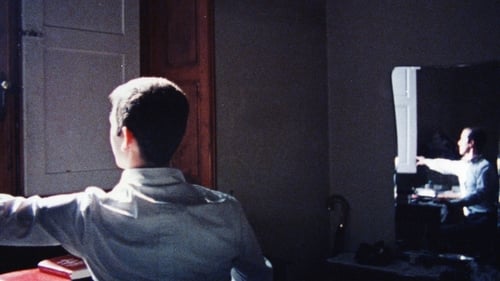
"From the Notebook of..." was shot in Florence and takes as its point of departure Leonardo da Vinci's notebooks and Paul Valéry's essay on da Vinci's process. These two elements suggest an implicit comparison between the treatment of space in Renaissance art and the moving image. The film marks a critical development in the artist's work in that he repeatedly employs a series of rapid pans and upward tilts along the city's buildings or facades, often integrating glimpses of his own face. As Beavers notes in his writing on the film, the camera movements are tied to the filmmakers' presence and suggests his investigative gaze.

A wig-maker from Istanbul, who suffers from cancer, becomes obsessed with a woman who enters his shop one day.



